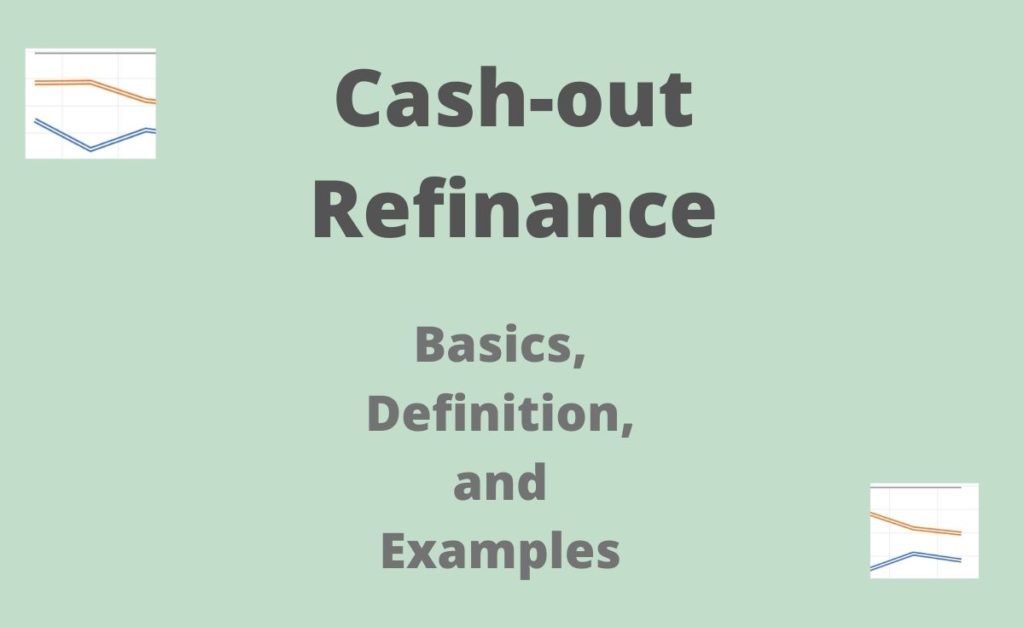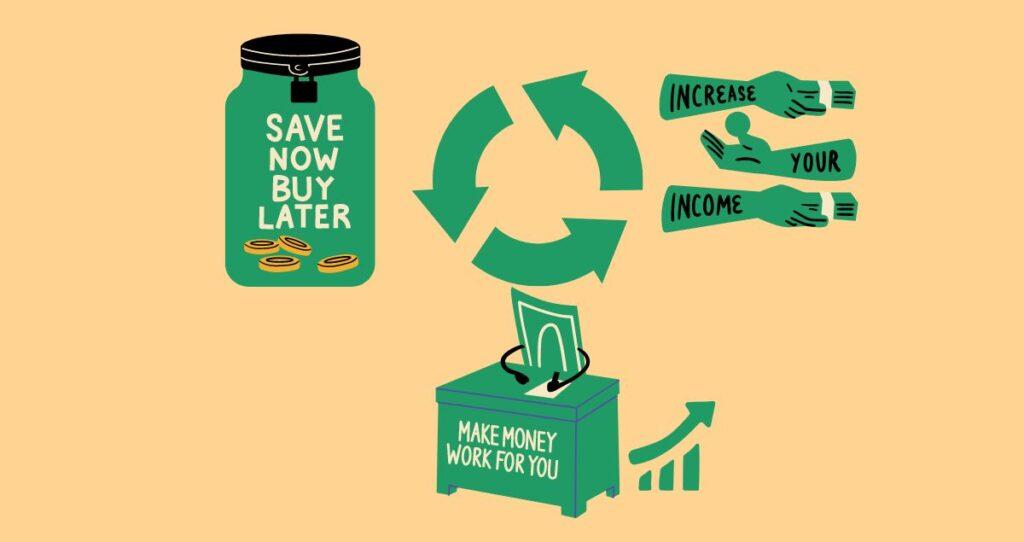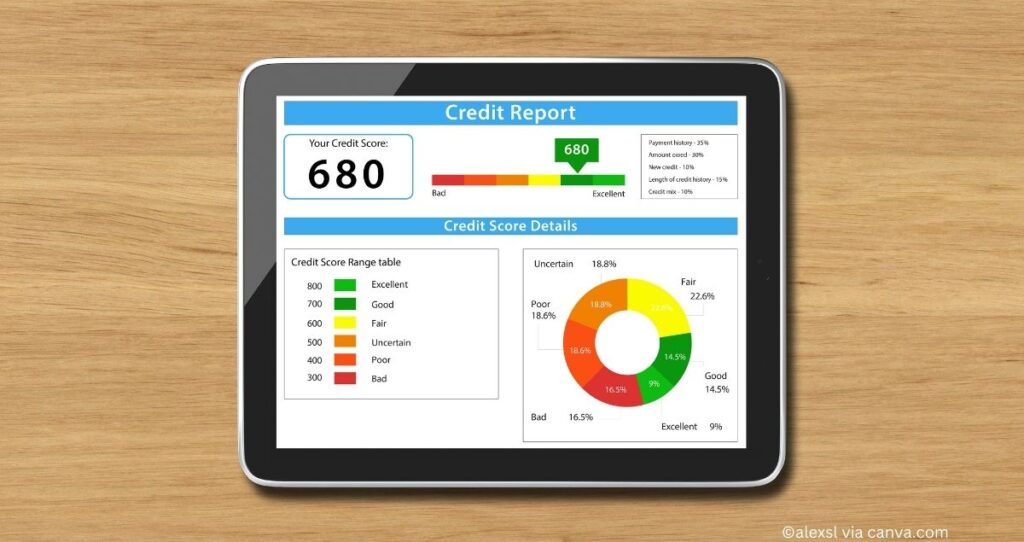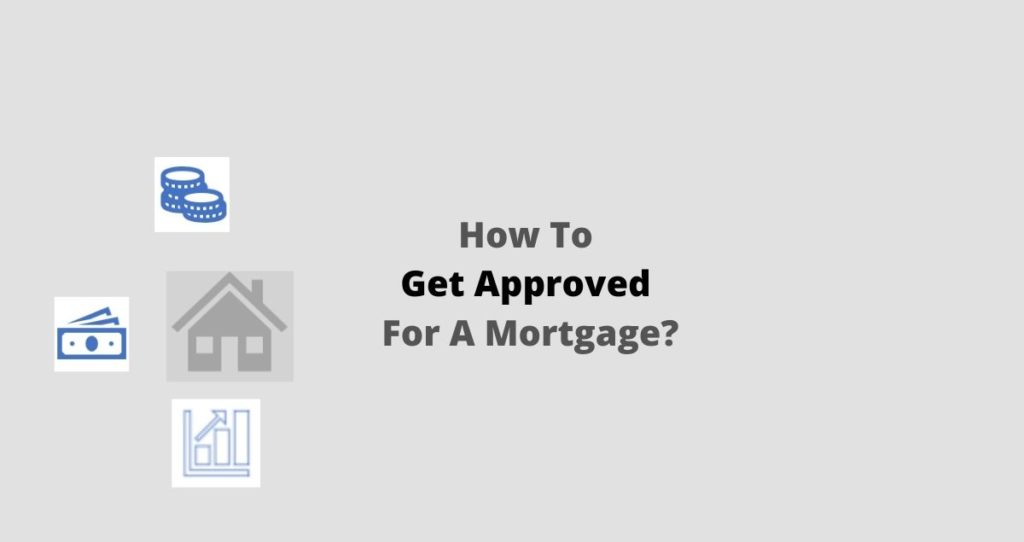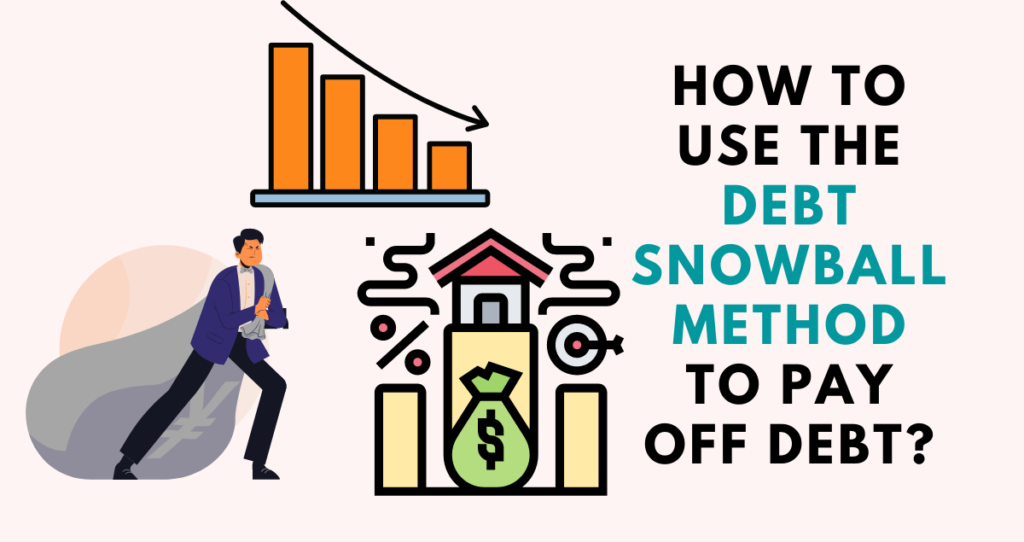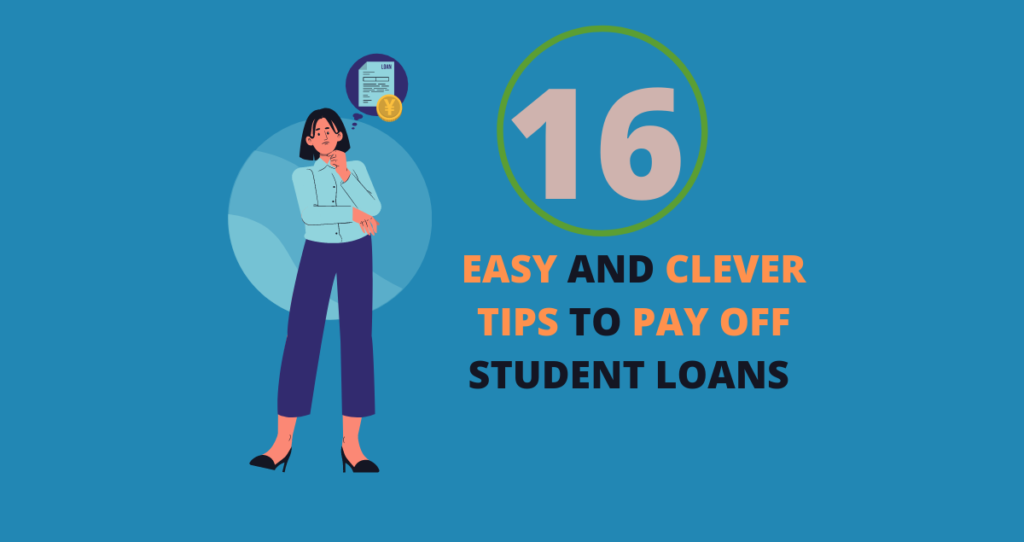What is cash out refinancing?
A cash-out refinance is a mortgage refinance that results in more money than the current mortgage balance where homeowners pocket the difference. In order to use a cash-out refinance, the borrower must have enough equity in the property they want to refinance.
After the refinance process, the house will have a brand new mortgage with a different interest rate. The borrower can then use the extra money to cover their financial problems such as renovations, buy a new car, pay for school tuition, etc.
Example of a cash-out refinance
Let’s assume that your current home is worth $500,000 and you have a $200,000 mortgage balance on it. This means that you have built equity of $300,000 in the house. Since you have enough equity in the house, you can get a cash-out to refinance on the property.
It is important to know that you cannot cash out 100% of your equity in the property.
In our example, if you want a $150,000 cash out, you can refinance your $200,000 mortgage with a $350,000 loan. This will leave you with $150,000 to cover other financial problems you have.
Benefits of cash-out refinance
- Debt consolidation: The cash-out refinance will give you extra cash that can be used to consolidate other debts. For example, if you have high-interest car loans or credit cards with a high annual percentage rate(APR); you can use the extra money to pay off these expenses.
- Lower Interest Rate: If you bought your houses when the interest rates were high, you could get a lower interest rate through refinancing.
- Paying off the mortgage fast: With a low-interest rate, you will have a chance to pay-off your mortgage fast
Disadvantages of cash-out refinance
- Insurance expenses: There is a limit to how much you can borrow through the refinance process. Usually, 80% is the maximum amount you can refinance, according to Bankrate. You could be forced to get private insurance on the mortgage if you go over the 80% limit.
- Not healthy if it is done many times: Cash-out refinance is not bad at all. However, if done many times, it will lead to the temptation of financial irresponsibilities.
- Closing costs: Closing costs are inevitable on any mortgage. During this process, you will pay out of pocket closing costs that are estimated to be between 2-5%.
More learning resources
- 11 Easy Ways To Reduce Credit Card Debt
- 14 Reasons You Can Be Denied For A Credit Card
- What Is The Balance Transfer And How Does It Work?
- Debt Definition
- Simple Interest Definition
- Compound Interest Definition
